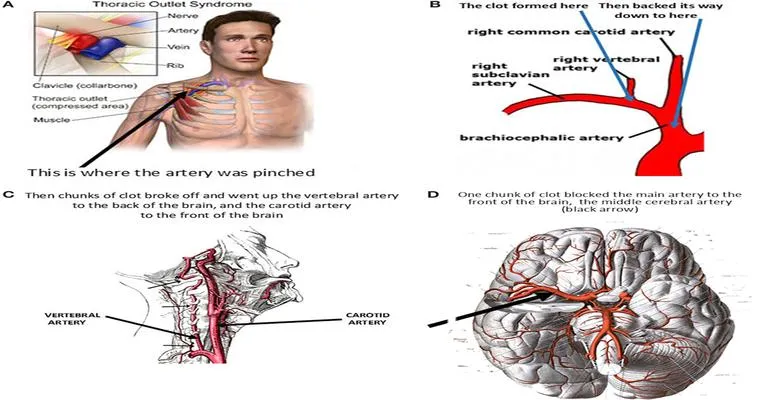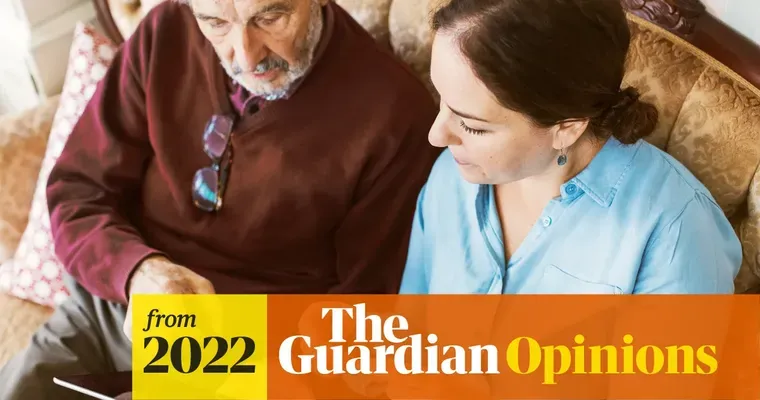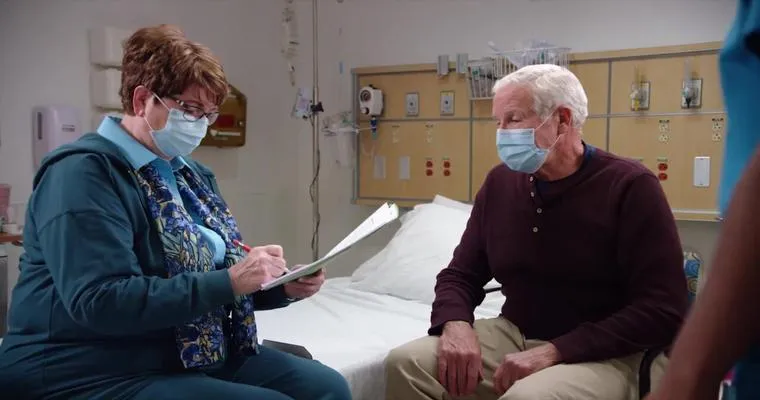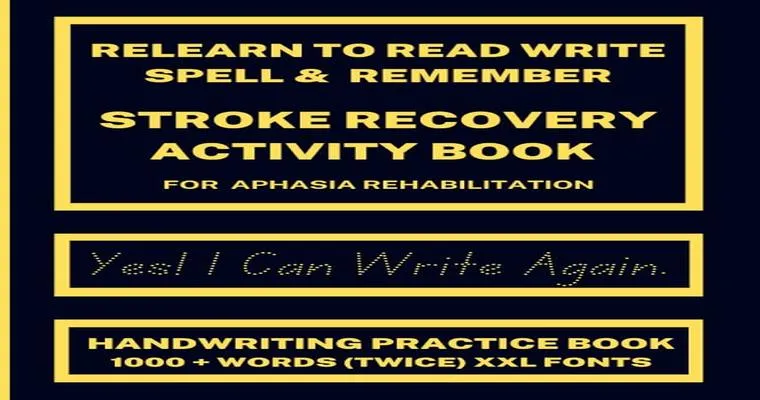"Stroke recovery" is a crucial journey for individuals who have experienced a stroke, and it often involves a multi-faceted approach to regaining independence and quality of life. The process can be challenging, but with the right support and resources, individuals can make significant progress in their recovery. Understanding the various aspects of rehabilitation, including "physical therapy", "occupational therapy", and "speech therapy", is essential for anyone embarking on this path.
Understanding Stroke Recovery
The recovery process after a stroke can vary widely among individuals, depending on the severity of the stroke and the areas of the brain affected. Some people may experience minimal impairments, while others may face significant challenges. Therefore, it is essential to develop a personalized "rehabilitation plan" that addresses the specific needs of the individual.
The Role of Physical Therapy
"Physical therapy" is a critical component of stroke recovery. The primary goal of physical therapy is to help patients regain strength, balance, and coordination. Therapists often utilize exercises and techniques tailored to the patient’s abilities and limitations. This may include strength training, mobility exercises, and gait training. Consistent practice under the guidance of a qualified therapist can lead to substantial improvements over time.
Occupational Therapy for Daily Living Skills
"Occupational therapy" focuses on helping individuals regain the skills needed for daily living. This includes activities such as dressing, cooking, and managing personal hygiene. Occupational therapists work with patients to develop strategies and adaptations that can make these tasks easier. The goal is to promote independence and enhance the overall quality of life. By practicing these skills in a safe environment, individuals can build confidence and efficiency in their daily routines.
Speech Therapy and Communication
For many stroke survivors, "speech therapy" is essential for improving communication skills. A stroke can affect the brain regions responsible for language and speech, leading to difficulties in speaking, understanding, reading, or writing. Speech therapists employ various techniques to help individuals recover their communication abilities. This may involve exercises to strengthen the muscles used in speech, as well as strategies to improve cognitive communication skills.
Emotional Support and Mental Health
Stroke recovery is not just about physical rehabilitation; it also involves addressing emotional and psychological well-being. Many stroke survivors experience feelings of depression, anxiety, or frustration during their recovery journey. It is vital to provide emotional support and encourage the pursuit of counseling or support groups. Engaging with others who have faced similar challenges can offer comfort and motivation.
Setting Realistic Goals
Setting realistic and achievable goals is a vital part of the recovery process. Individuals should work closely with their healthcare team to establish short-term and long-term goals that reflect their personal aspirations. Celebrating small victories along the way can boost morale and encourage continued effort in rehabilitation.
The Importance of Family Involvement
Family and caregivers play an essential role in stroke recovery. Their support can significantly impact the individual’s motivation and progress. Encouraging family members to participate in therapy sessions, assist with exercises, and provide emotional support can create a more nurturing recovery environment.
Conclusion
"Stroke recovery" is a complex and individualized process that requires dedication, support, and a comprehensive rehabilitation plan. By focusing on "physical therapy", "occupational therapy", and "speech therapy", along with emotional support and realistic goal-setting, individuals can make significant strides in their recovery journey. With the right resources and encouragement, getting back on track after a stroke is not only possible but can lead to a fulfilling and independent life.





